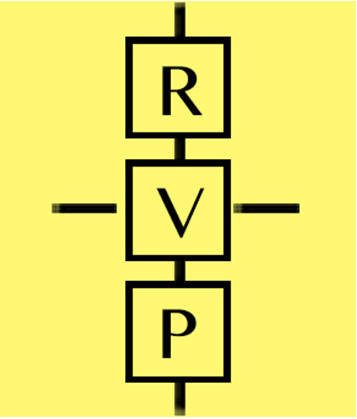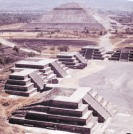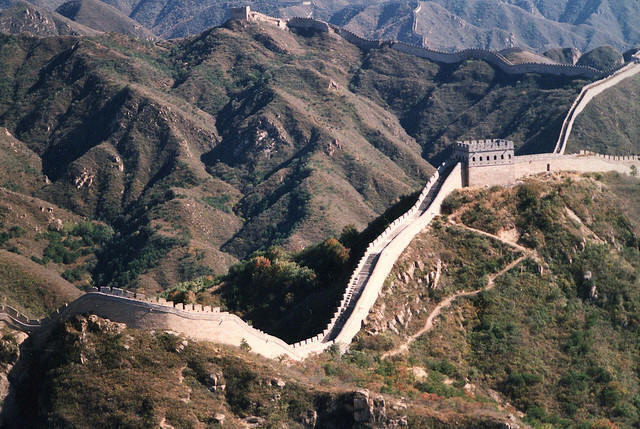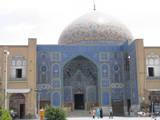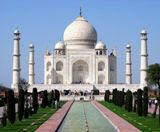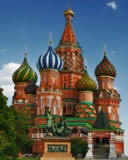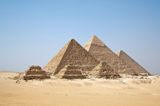Re-Learning to be Human for
Global Times
Understanding the Meaning of Being Human
across Cultures and Civilizations
August 21-September 22,
2017
Washington, D.C.
Thematic Description
New and threatening challenges are urging us to re-think
and re-evaluate many fundamental issues which had been
taken for granted for centuries. As we face these
challenges, some important issues emerge: How can the
philosophically inclined disciplines and especially
reason-guided questioning illuminate our
self-understanding? What is the meaning of being-human?
How do we relearn to be authentically human in
circumstances such as ours? These are perennial issues.
However living as we do in these complex and pluralistic
times, one of the major issues to be tackled concerns
the way in which humanity faces its own future. This is
a challenge as well as an opportunity; hence the theme
of the RVP 2017 annual seminar.
As George F. McLean (1929-2016) used to point out,
“globalization is the contemporary mode of being,” a
determination of what it means to live a human life.
Modern transportation breaks the barriers of nations and
continents; the media create and share human experiences
across the globe; indeed, a global horizon arises with
many possibilities, along with serious questions: 1. How
to understand freedom and responsibility? 2. How to live
personal identities in connection with belonging to
one’s own cultural community? 3. How to relate to the
whole of humanity without suppressing the distinctive
reality of peoples, cultures, and religions in this
global age?
In these circumstances we are called to overcome
self-enclosure and so be open to the ‘Other’, as
Emmanuel Levinas famously stresses, or to the multiple
others, as Vincent Shen wisely articulates. We must live
in relationships towards the presence of other human
beings and their distinct approaches to the challenges
faced in their lives. As McLean often said, we need to
be attentive to the uniqueness of cultural identity of
each people and each civilization, and to their proper
way of cultivating the meaning of being a person.
Indeed, we need to relearn how to express and articulate
the ultimate concern for life and how to commit
ourselves to the realization of its plural dimensions,
both temporal and eternal. Hence, it is necessary to go
beyond merely economic and political concerns when
dealing with the nature of human beings, and to relearn
how to uncover and experience anew of the role of
religion in the process of reconfiguration of human and
cultural identities in these challenging global times.
Seminar Plans
The 2017 RVP international seminar will be composed of
three parts:
1. During the first three weeks, the seminar will
proceed with a complex hermeneutics of the Western
notion of the person and its cognates in the different
cultures and civilizations of the world, and with the
exploration of the thought of George F. McLean on
related thematic issues.
2. Subsequently, in the fourth week, the seminar will
focus on the work of David Walsh, The Modern Philosophic
Revolution: The Luminosity of Existence and The Politics
of the Person as the Politics of Being. It will explore
some notions of the person to be applied to the
understanding of the human being as an existent, open
structurally to others and concomitantly to the Ultimate
Other.
3. Finally, in the last week, each seminar participant
will be required to present an elaborate version of
his/her paper as drafted and prepared before arriving in
Washington and then enriched, revised and completed
during the seminar.
Once the seminar is over, the participants will be
required to submit a final version of their work to be
considered for publication once peer-reviewed.
Application for Participation
Applications for participation in the RVP 2017 seminar
should be sent by email by April 15, 2017 to
cua-rvp@cua.edu. Participants cover their own travel
costs; the RVP provides simple room and board during the
seminar. The seminar will be conducted in English and
held at the RVP Seminar Room: Gibbons Hall B-12, 620
Michigan Avenue, North East, Washington, D.C., 20064.
Email: cua-rvp@cua.edu; Telephone: 202/319-6089.
In order to be considered, please enclose:
(1) CV describing the applicant's education,
professional positions and activities;
(2) List of the applicant's publications;
(3) Letter stating the applicant's interest and
involvement in this seminar theme and its relation to
his/her past and future work in philosophy and/or
related studies; and
(4) Abstract (250-500 words) of the paper the applicant
intends to present during the seminar.

